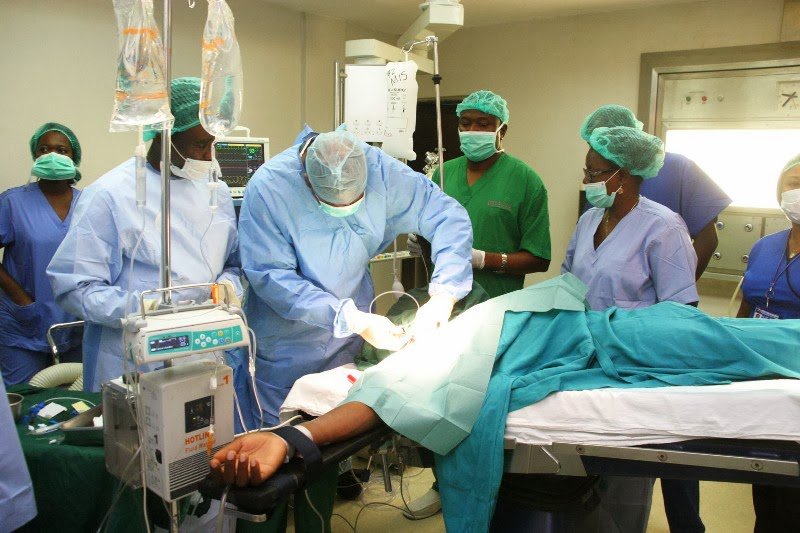The Nigeria Centre for Disease Control and Prevention has confirmed 1,018 cases of Lassa fever from 8,411 suspected cases between January 1 and September 29, 2024.
The cases were reported across 28 states and 128 local government areas, with 172 deaths recorded, resulting in a case fatality rate of 16.9 percent.
This information was revealed in the NCDC’s Lassa fever situation report, obtained on Friday.
Lassa fever, as explained by the World Health Organization, is an acute viral haemorrhagic illness caused by the Lassa virus, which is transmitted to humans through exposure to food or household items contaminated by the urine or faeces of infected Mastomys rats.
It is endemic in the rodent population in parts of West Africa, including countries such as Nigeria, Benin, Ghana, Guinea, Liberia, Mali, Sierra Leone, and Togo.
“Person-to-person infections and laboratory transmission can also occur, particularly in healthcare settings without adequate infection prevention and control measures,” the WHO noted.
The report highlighted that in week 39, the number of new confirmed cases increased from four (in week 38) to nine, with new cases reported in Ondo and Edo states.
Since the start of 2024, 172 deaths have been reported with a CFR of 16.9 percent, slightly higher than the 16.8 percent CFR recorded during the same period in 2023.
The NCDC report further stated that Ondo, Edo, and Bauchi states accounted for 68 percent of all confirmed Lassa fever cases in the country. Specifically, Ondo reported 28 percent, Edo 23 percent, and Bauchi 17 percent of the total cases.
The predominant age group affected is between 31-40 years, with an equal male-to-female ratio among confirmed cases.
The report also noted that no new healthcare workers were affected during the week and that the national Lassa fever multi-partner, multi-sectoral technical working group is continuing its efforts to coordinate response activities across all levels.











